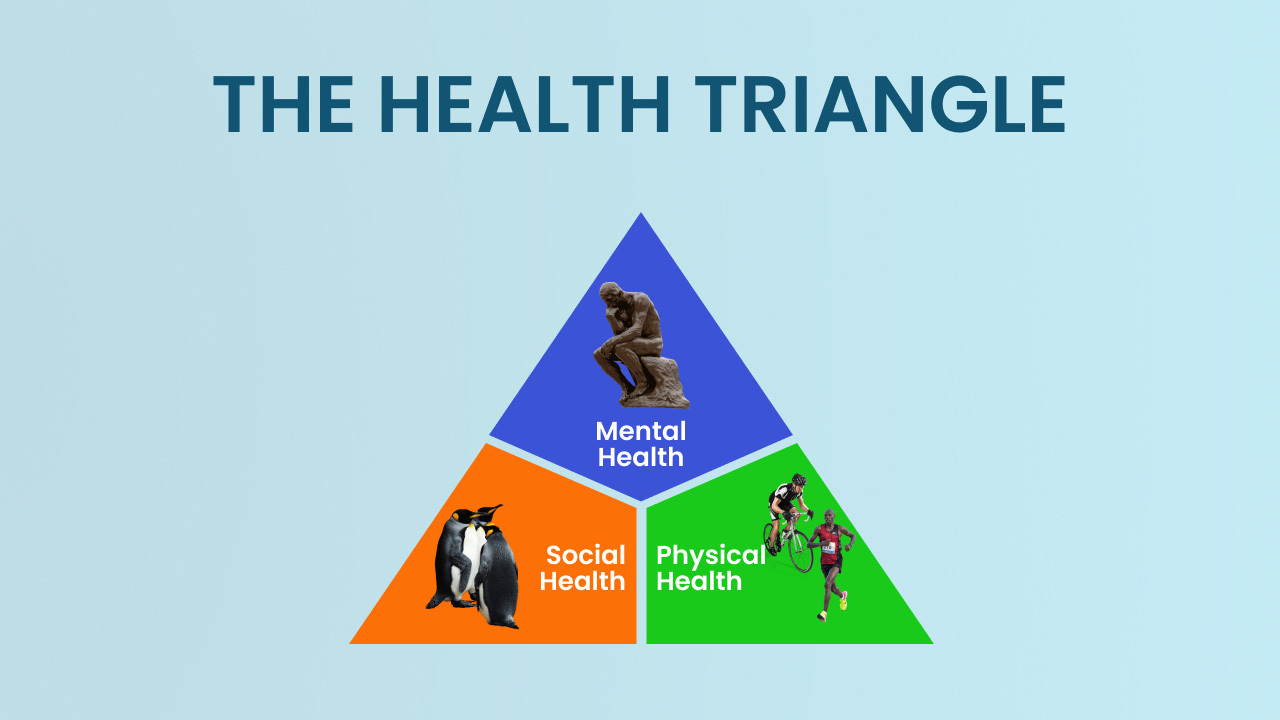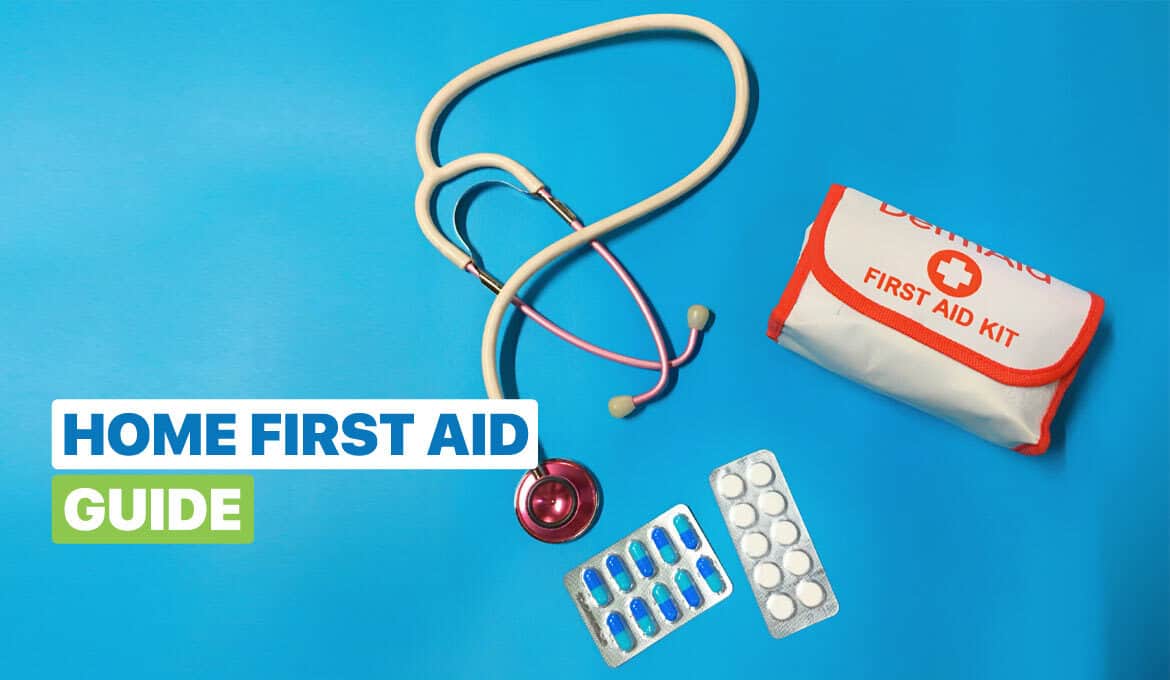
The patients might be small, but the role of a family nurse in pediatrics is a massive undertaking. A family nurse, also known as a family nurse practitioner (FNP), is an advanced practice registered nurse with further training to diagnose, assess, and treat patients of all ages — providing primary and specialized care to patients as young as infants to elderly people.
Similarly to how there are medical professionals who focus on providing care to a specific area of the body or age group, pediatrics focuses specifically on children's healthcare.
A family nurse practitioner will provide age-appropriate care to children, including vaccinations, immunizations, identifying developmental problems, and providing advice to parents.
What is a family nurse?
Whether you’re preparing to become a parent or looking to study a program like DNP to FNP to pursue a career as a family nurse—it’s important to understand their role in the healthcare system. A family nurse is a primary healthcare service provider and can practice in a range of settings.
It’s common to see family nurses take on roles at hospitals, community health centers, universities, and even private health practices.
Family nurses can prescribe medications, create treatment plans, perform physical exams, as well as treat illnesses and conditions that would fall under the category of primary care.
If you’re interested in becoming a family nurse, it is one of the most sought-after healthcare positions. Especially with the recent lack of family care doctors, there has been a rise in family nurse practitioners being hired to fill the role.
A 2021 report from the Association of American Medical Colleges estimates that within 12 years, there’ll be a deficit of 37,800-124,000 physicians. In most states, family nurse practitioners can provide the same services that a physician can.
There are currently over 200,000 family nurse practitioners active across the United States. It’s one of the most common specializations for an advanced practice registered nurse.
They are an essential part of the American healthcare system, and if you want to advance your career as a nurse—it’s a rewarding field and well-paid position.
The demand for nurse practitioners is growing at an exponential rate, and it’s currently the number one fastest-growing occupation in the US.
Pediatric Care and Why It’s Important?
Being a parent can be terrifying, especially if it’s your first time—but remember, you aren’t alone. Pediatric care providers, like family nurse practitioners, are essential for the development of children and providing advice to parents.
They can educate new parents on what to expect, identify any developmental challenges early, and treat any injuries or illnesses.
Children, whether they are 5 weeks old, 5 years old, or even 15 years old—have their own needs and pediatric care ensures those needs are met.
Unlike adults, children can’t communicate their needs and rely on their primary caregivers and professionals for support.
Medical professionals ensure that your child’s development is progressing properly, and their emotional, physical, and social health is adequate.
Why family nurses and not doctors?
The average wait time to see a new physician in the United States is 26 days, according to a 2022 survey. The country is currently going through a lack of family care doctors, and it isn’t always possible to see them on time—this has resulted in a rise in family nurse practitioners providing the same primary healthcare services.
Research data from the American Association of Nurse Practitioners report that nurse practitioners can provide the same level of primary care as a doctor without any significant difference in patient health outcomes, too.
There have even been cases where nurse practitioners have had higher satisfaction rates and better outcomes.
In most states across America, family nurse practitioners can provide the same level of primary care a doctor can, including writing prescriptions.
It’s also becoming common for family nurses to work alongside other medical professionals, for instance, physiotherapists, social workers, and occupational therapists to create treatment plans like a doctor would.
Family nurses are also becoming common in rural areas with a healthcare service shortage. Currently, an estimated 98 million people are living in Health Professional Shortage Areas (HPSAs) according to the Health Resources & Services Administration.
This means there’s a lack of resources and access to healthcare services, such as screenings, immunizations, or even basic care for injury.
To combat this, there has been an increase in family nurse practitioners being provided job security and opportunities in rural areas and communities to provide primary healthcare where doctors normally would.
Health Literacy
One of the biggest impacts that a family nurse has is assisting parents with healthcare education concerning their child.
This is the process of teaching them the necessary knowledge about their child’s development, medical history, any conditions or illnesses, as well as how to take any medication properly.
Statistics show that better health literacy can improve patient outcomes as well as trust between the medical professional and the patient.
Improving health literacy among parents, especially concerning their children, can also help them better assess their children’s health and needs. This is one of the key goals of a family nurse practitioner, and there are multiple ways that they can do this.
This could be through giving families audiovisual material to read, explaining any medical processes or procedures in simple terms, and directing them to resources like websites to help them further their understanding.
Should you visit the same family nurse?
If you’re looking to stay on top of your child’s health, research has shown visiting the same pediatric professional tends to have better patient outcomes.
Statistics show that it increases the success rate of screenings and checkups, as well as decreases how often your child would go to medical appointments and the emergency department.
Having the same pediatric professional, in this instance a family nurse, overseeing your child’s health, allows them to build trust and a strong relationship with your family.
This allows them to provide the best possible recommendations when it comes to health and development and ensures your child feels comfortable in discussing any of their concerns or symptoms.
Read Also:










































